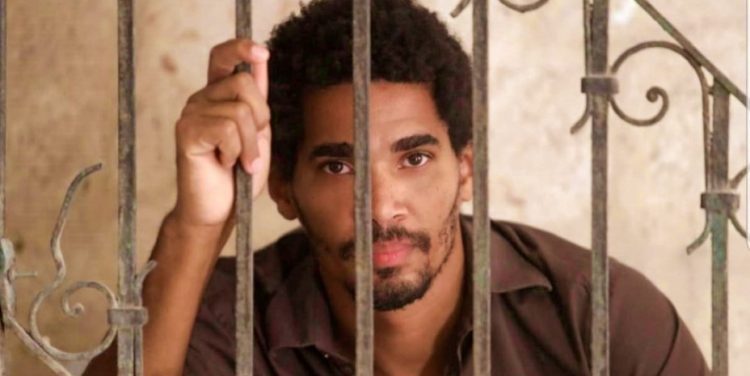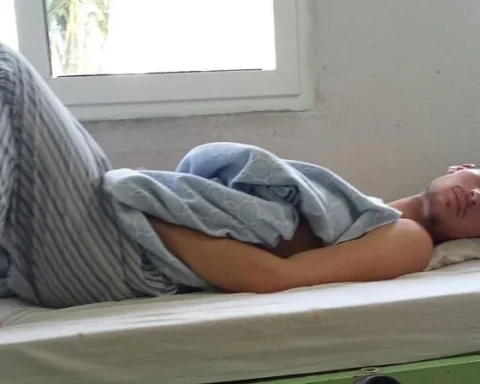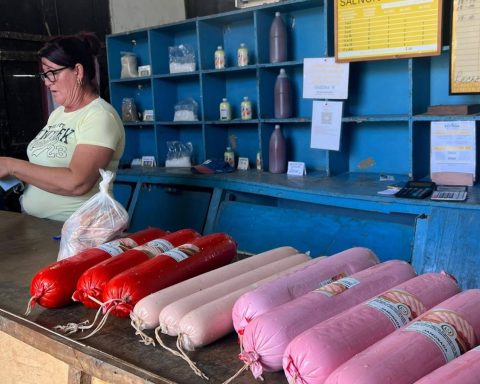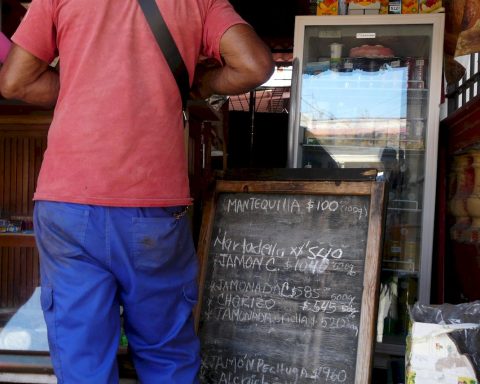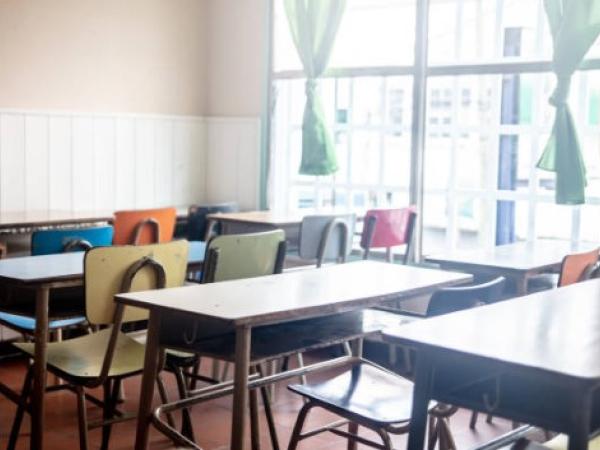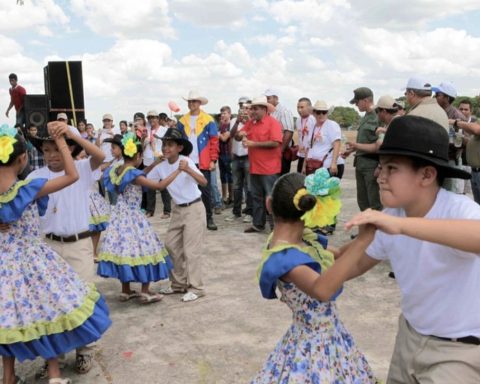MADRID, Spain.- The report corresponding to July 2024 from the Cuban Prison Documentation Center once again reveals a worrying picture of the human rights situation in the country’s prisons.
During the month, 130 complaints of human rights violations were registered in 40 prisons in 14 provinces. These complaints involved 94 inmates, including a significant number of political prisoners, who were victims of a series of abuses, ranging from harassment and poor medical care to beatings, torture and forced transfers.
The report highlights that prison conditions worsen considerably on commemorative dates, such as the anniversary of the July 11, 2021 (11J) protests.
This month, several prisoners, including Roberto Pérez Fonseca and Yasmany González Valdés, went on a hunger strike as a form of homage to the 11J protests. In addition, 22 other prisoners, including Yordis García Fournier, Denys Hernández Ramírez and Luis Manuel Otero Alcantaraalso opted for this form of protest.
Another crucial aspect of the report is the identification of 36 individuals responsible for the reported violations. These include prison system officials, judges and State Security officers, indicating a systematic pattern of abuse and repression, especially targeting political prisoners; as well as the absence of control and accountability mechanisms in the Cuban prison system, which makes it easier for these abuses to go unpunished.
Poor medical care for prisoners is another chronic problem highlighted in the report. Numerous documented cases show that prisoners are not receiving the necessary medications, putting their lives at risk.
“Health problems are aggravated by the poor diet that causes famine scenarios according to the inmates themselves, the proliferation of diseases such as Oropouche, dengue, tuberculosis, diarrhea, scabies and fluinsect pests such as bed bugs, contaminated water and the poor structural conditions of prisons“, the document reads.
The Cuban Prison Documentation Center also reports that at least 15 inmates were taken to punishment cells during this period, in retaliation for going on hunger strike, reporting rape or after being beaten, with the aim of keeping them isolated until the physical signs of abuse disappear. An extreme case is that of José Daniel Ferrer García, who is about to complete three years in solitary confinement in the Mar Verde prison, Santiago de Cuba.
This week the Cubalex Legal Advisory Center denounced that Cuban law allows solitary confinement for up to three months, significantly exceeding the 15-day limit recommended by the Mandela Rules; and that decisions on solitary confinement in Cuba are made by the prison chief without independent review, increasing the risk of abuse and arbitrary decisions.
Testimonies collected by Cubalex confirm that the reasons for confinement in punishment cells are often arbitrary, including political activism, hunger strikes and claims for rights.
Prolonged isolation and inhumane conditions in the punishment cells have a devastating impact on the physical and mental health of prisoners. The effects include severe anxiety, extreme stress and other psychological problems, which can have long-lasting consequences.
Follow our channel WhatsApp. Receive the information from CubaNet on your cell phone through Telegram.
